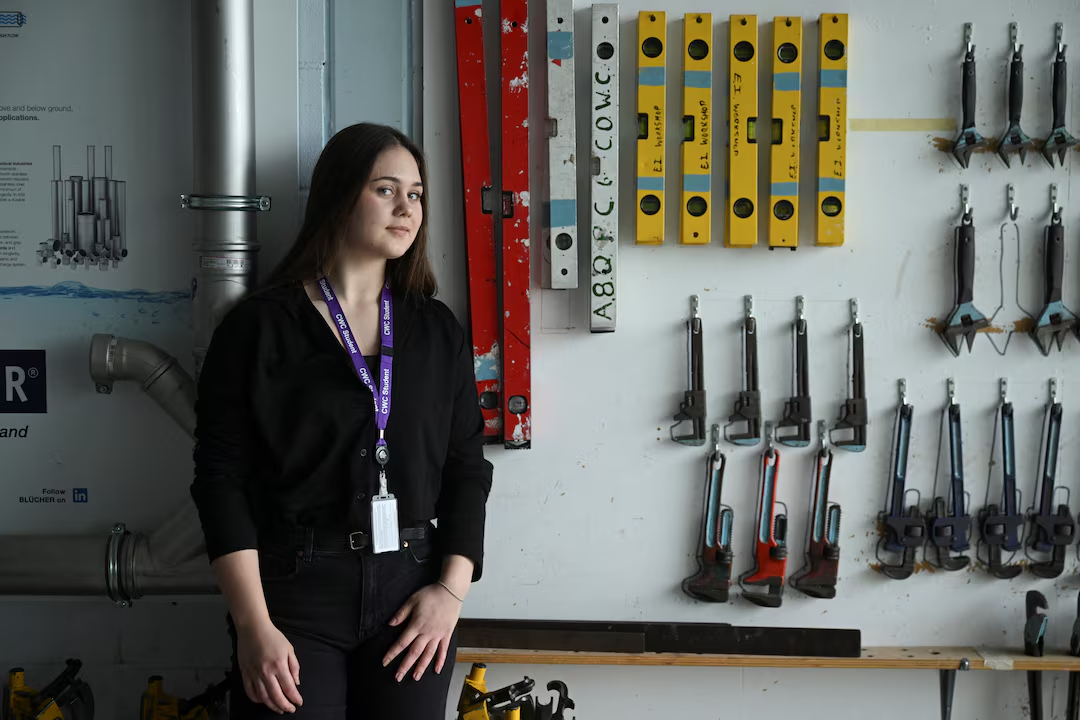Moving across borders is exciting and challenging. Whether for a new job, family, or just the thrill of starting anew, international relocation is a big step. The process involves various elements, from financial planning and logistics to emotional preparation. This article aims to provide a comprehensive guide to making your international move as smooth as possible.
Table of Contents
What to Think About Before You Pack
One of the most critical phases of your international relocation is pre-move planning. The preparations during this period set the stage for your entire moving experience. While it’s easy to get caught up in the excitement, this is the time for practicality. Here are some things to focus on before you start packing.
Legal Requirements
Navigating the legal landscape of a new country can be a complicated affair. You must ensure all your documents are for you and your family members. Here are some tips:
- Understand what type of visa you need. Work visas, residency visas, and temporary visas all have different requirements and limitations,
- If you’re moving for work, ensure you’re legally permitted to work in the new country. This may involve employer sponsorship or independent applications,
- Look into the tax system of your new country and understand your obligations. You may also need to inform tax authorities in your home country of your move to avoid double taxation,
- If you plan to buy property, check the laws around foreign ownership and property taxes.
Healthcare and Insurance
Your health and well-being are paramount, and healthcare systems vary significantly from one country to another. Here are things to consider:
- Take the time to understand how healthcare works in your new country. Is it public, private, or a mix of both?
- Certain countries require specific vaccinations before you enter. Even if not mandatory, it’s wise to update your shots to protect against local illnesses.
- Make sure your health insurance has international coverage. If not, look into getting a comprehensive plan that will cover you and your family in your new country.
- If you have ongoing prescriptions, find out how to continue these treatments in the new country. Laws around medication can differ, and your specific medicine might not be readily available.
Financial Planning and Budgeting Your Move
Embarking on an international move is not just a logistical feat but also a financial commitment. Before packing your bags, figure out how this relocation will affect your finances. From the costs of shipping to setting up your new life abroad, every detail needs to be accounted for.
Cost Estimation
Let’s start with the obvious: moving internationally can dent your finances if not carefully planned. The most immediate costs are often the shipping of your belongings and your transportation to the new country. But that’s just the tip of the iceberg.
There are also other costs to consider, like temporary accommodation when you first arrive, possible security deposits for a new home, and utility setup fees, among other things. Often overlooked are the “soft costs” like grocery shopping to stock your new place, buying appliances you choose not to ship, or initial transport costs like public transport cards.
To avoid surprises, make a detailed list of expected costs, prioritize them, and have a financial cushion for unforeseen expenses. Savings are your friend here, and it’s wise to have a nest egg you can dip into during the initial period of your move.
Currency and Banking
Another often-overlooked aspect of moving to a new country is the financial system you’re walking into. Currency exchange rates can affect your purchasing power, so it’s vital to grasp how far your money will go in the new country.
Some people make the mistake of continually converting prices to their home currency. Try to adapt to thinking in your new currency as quickly as possible. Prioritize setting up a bank account in your new country before you arrive.
This can simplify many things, from receiving your salary to paying rent and local bills. Having an account in your destination country makes it easier to transfer funds internationally. Many banks offer international account options you can set up online, saving you time and the stress of dealing with financial logistics while settling in.
Logistical Tips for the Move
While you might think the hardest part is over, the moving phase has challenges that require careful planning and execution.
- When packing for an international move, the approach differs from what you’d do for a local move. Space is at a premium, and you can’t afford to be careless about what you take,
- Use vacuum-sealed bags for clothes to maximize space. These can be especially useful for bulky items like winter coats or comforters,
- Prioritize what you’ll need immediately upon arrival. This includes important documents, basic toiletries, and any specialized medicine you or your family might need,
- Given the long journey and possible delays, it’s wise to carry a small “survival kit.” Pack essentials like important documents, medicines, and toiletries in your carry-on so you can easily access them.
Hiring International Moving Services: Why It’s a Good Idea
When you hire a team experienced in international moves, you’re buying peace of mind. They know the drill—packing, shipping, dealing with customs, etc. They can guide you through the entire process, making it less stressful.
Many moving companies offer specialized services, from packing and custom crating to vehicle shipping. These tailored services can make the whole process more straightforward and worry-free.
Look for a moving company that offers a comprehensive suite of services and has a track record of satisfied customers in international moves. This way, you’re covered with every step and won’t have to get into details.
Adventure Awaits
You’re embarking on an adventure. A positive mindset can help you adapt faster to your new environment and embrace the opportunities that come your way.
Moving to a new country doesn’t mean you cut ties with your old life. Maintain relationships with friends and family back home. Technology makes it easier than ever to stay connected.
Moving internationally is a big step, but it doesn’t have to be stressful. With proper planning and the help of experienced professionals, you can make the transition as smooth as possible.












